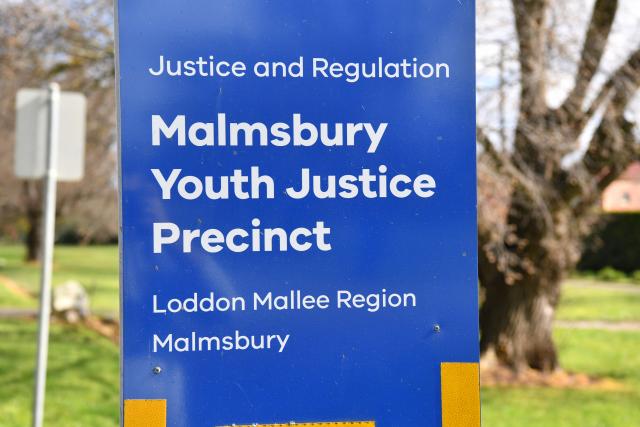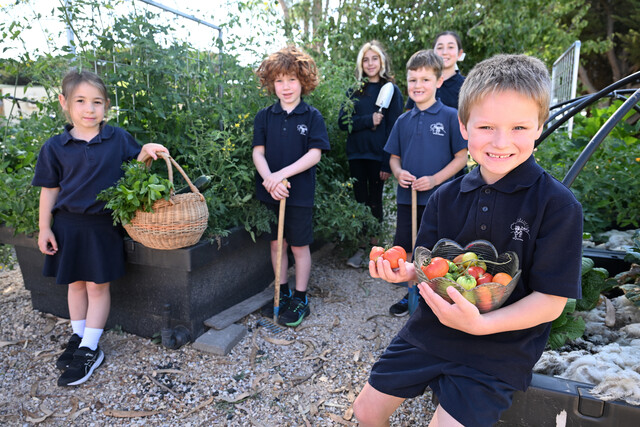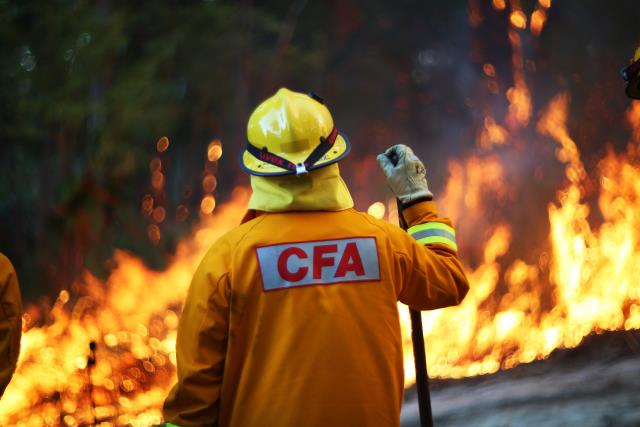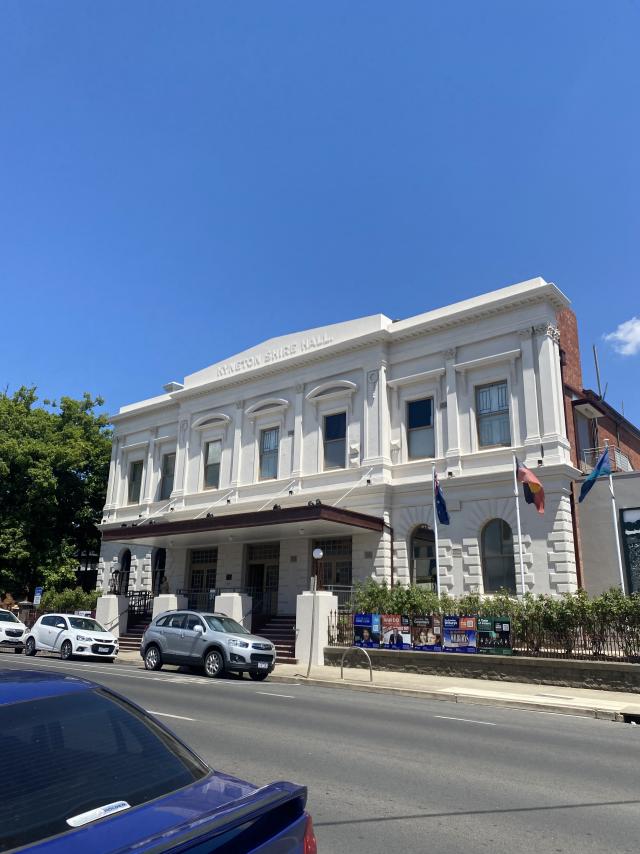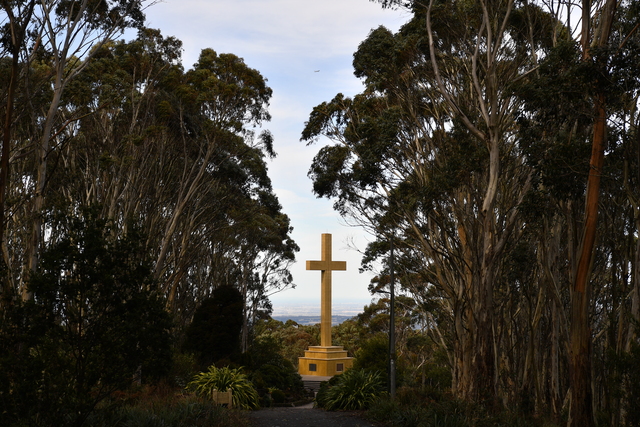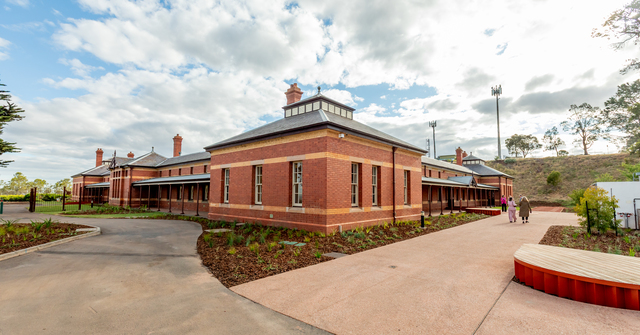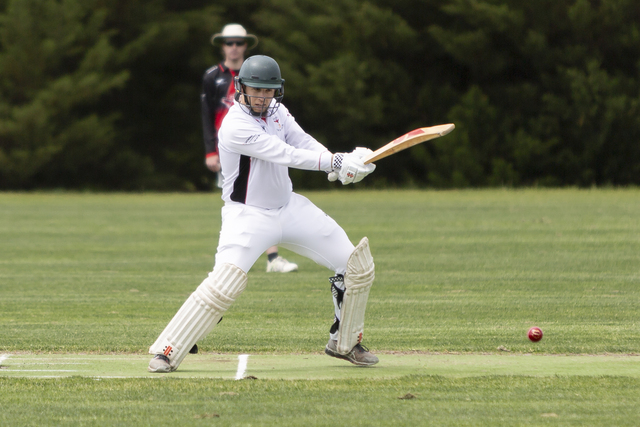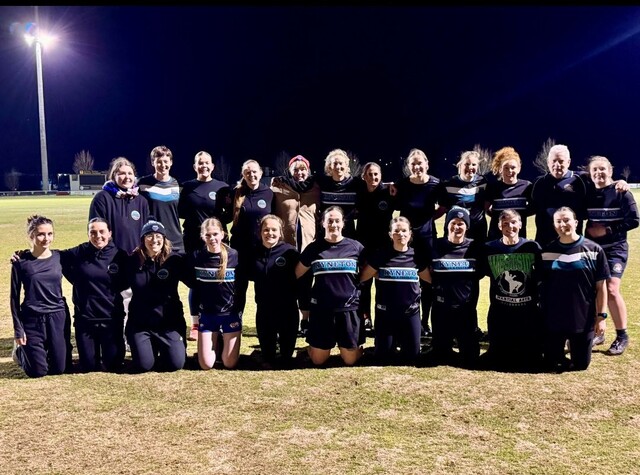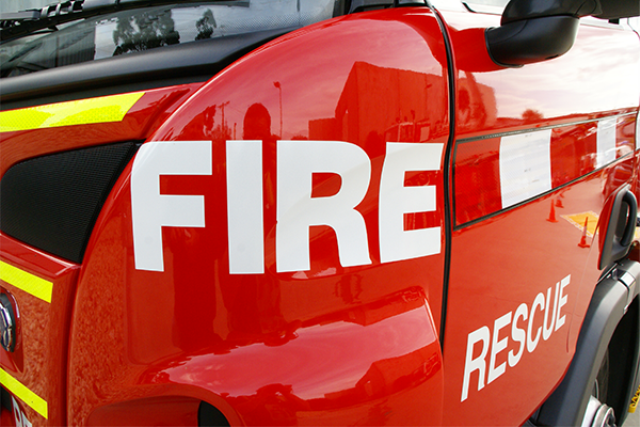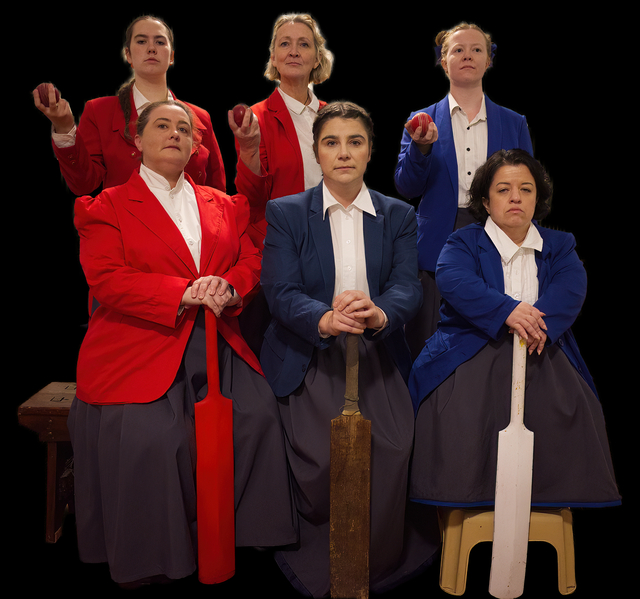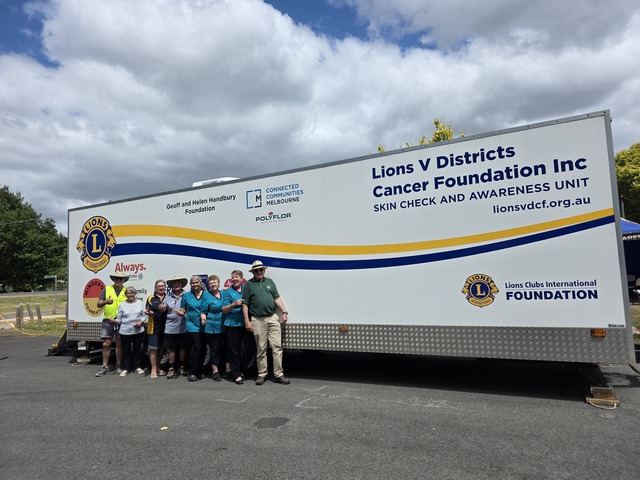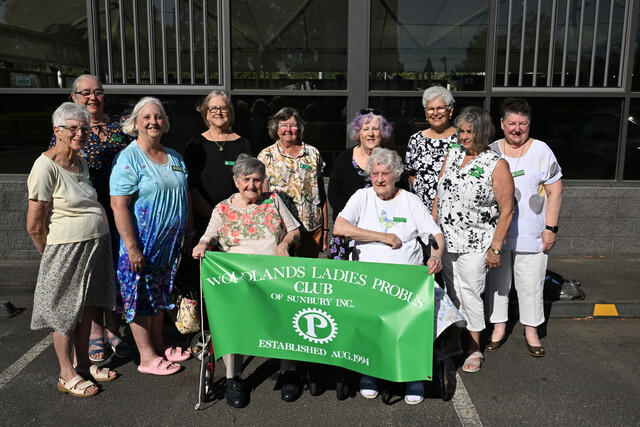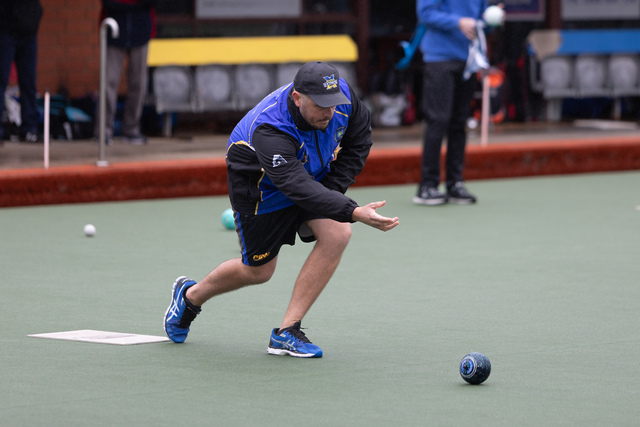Mental health and housing affordability are the two most important social justice issues to residents of the federal electorates McEwen and Bendigo, according to new research.
In 2021, the Salvation Army’s National Social Justice Stocktake Report (NSJSR) surveyed more than 15,000 people from all demographics across every state and territory to determine the issues people were seeing in their own communities.
According to the report, of the five concerns residents of McEwen identified, mental health came first, with 53 per cent of respondents outlining it as one of the top issues in their community.
Labor McEwen MP Rob Mitchell said it was clear the pandemic had put a strain on the mental health system, in part because of the demographic spread across the electorate’s many towns, isolation and loss of income.
“One of the big issues of course is a workforce crisis – we can’t get people working in the field because of low pay rates and because of the pressure that they’re put under,” Mr Mitchell said.
He said he had “firsthand” from the community how effective telehealth appointments had been during the pandemic.
“More and more people are just struggling to get the support they need when they need it,” Mr Mitchell said.
The second most vital social justice issue to McEwen residents was housing affordability, identified by 50 per cent of respondents.
“Despite a higher median household income ($1660/week versus $1438 nationally), housing affordability was among the top social policy concerns for the people of McEwen,” the NSJSR report said.
“There is a social housing shortfall of some 100 homes, and an estimated 2200 people who are experiencing homelessness in McEwen.”
Mr Mitchell described the housing shortfall as a “disgrace”.
CareWorks SunRanges service manager Jane Williams said the Sunbury organisation frequently dealt with issues related to housing affordability and homelessness.
“There’s quite a few homeless people in our area, but we also have quite a few families presenting who are on the brink of homelessness and so we partner with Vincent Care to help people,” Ms Williams said.
“It’s a really good area where we can work together with other services to provide help to those in the Sunbury area to find homes.”
Last month, a report tabled at a Hume council meeting regarding the appointment of a council homelessness pathways officer showed 16 people in Sunbury had been reported through the program as sleeping rough in 2021.
This was the highest number of people recorded across the municipality.
Other topics in the top five social justice issues for McEwen were family violence, alcohol and drug misuse, and unemployment and underemployment.
Ms Williams said all the issues raised in the report could play into each other to cause housing stress.
In the federal electorate of Bendigo, even more respondents said they were concerned about the same issues, with 67.9 per cent saying mental health was a concern, and 56.6 per cent highlighting housing affordability as a concern.
Homelessness was raised by 43.4 per cent, 42.5 per cent raised alcohol and drug misuse and 36.8 per cent raised family violence.
Community mental health manager at Sunbury and Cobaw Community Health (SCCH), Adam Stefano, said the report’s findings were “not surprising”.
“Considering the significant increase in referrals and demand for mental health support that we have seen over the last couple of years, in particular since the pandemic commenced and now as we deal with COVID-normal,” Mr Stefano said.
The not-for-profit community health organisation provides services from Sunbury up into the Macedon Ranges, across both Bendigo and McEwen.
“We often find there is a link between poor mental health, concerns around alcohol and drug misuse and family violence so having a range of available services delivered in various ways can be the key in helping people,” Mr Stefano said.
He said Sunbury and Cobaw Community Health is currently accepting referrals and offers a range of services including counselling, alcohol and other drugs support and assistance to those experiencing family violence.
To get in touch with SCCH, call 5421 1666 or email admin@scchc.org.au.
For mental health support, contact Lifeline on 13 11 14.
For family and domestic violence support, contact 1800RESPECT (1800 737 732).


